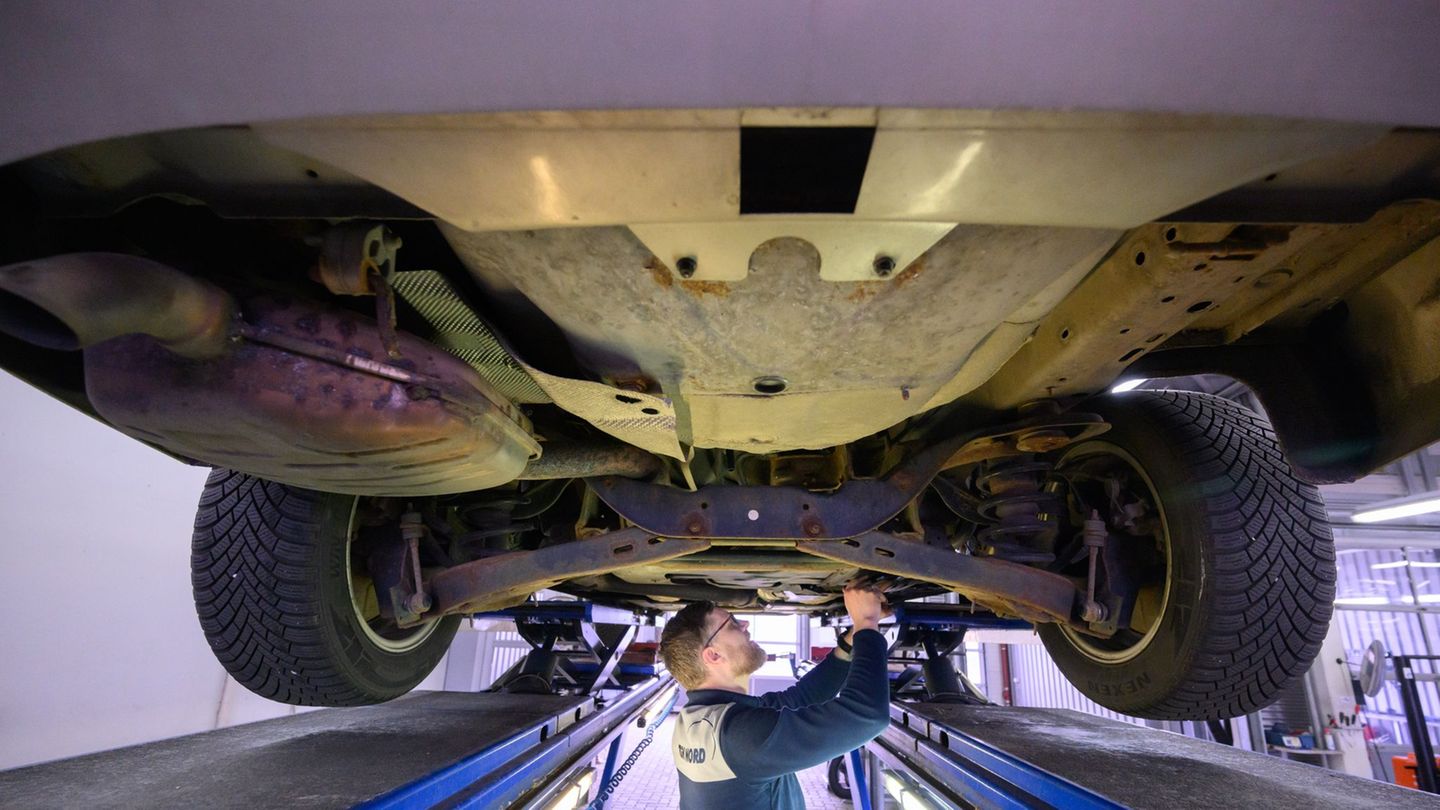Almost every third employed person in Germany will earn more than before with the increase in the minimum wage to 12 euros from October 1st. And yet there are 320,000 people with disabilities who work in workshops and do not benefit from it.
Lukas Hildebrand scored for the star researched why this is so and why this topic cannot only be seen in black and white. “According to a recent study, 6.6 million people in Germany will initially benefit from the new minimum wage,” he says in the 373rd episode, “important today.” For many, this means a significant difference: For example, according to a study by the Hans Böckler Foundation, the East-West difference is being leveled out a little by the increase in the minimum wage. In eastern Germany, 28 percent of employees currently earn less than 12 euros an hour, in western Germany the figure is only 16.1 percent.
Workshops for people with disabilities: protection or exploitation?
Even after October 1, people in Germany will not earn more than 1.35 euros per hour for their work: They are employed in workshops for disabled people and are not considered real employees. Criticism of the facilities has grown in recent years, and in September 2022 the hashtag #YourBeutetUnsAus was trending on Twitter. For many of those affected, work in the workshops is exploitation, but not for everyone. A dilemma. “I can only say the wrong thing, because one of the two sides listening to me will shake its head,” says Lukas Hildebrand in the podcast.
“Basically, many people feel comfortable in the workshops. The majority want these workshops.” Because even without a minimum wage, people who work there receive many benefits: paid culture, secure pensions, physiotherapy and other social benefits. And: “Many people with disabilities cannot perform a mandatory job that lasts more than three hours.” The origin of the workshops lies in the post-war period. At that time, the aim was to protect people with disabilities through the workshops, because people with disabilities were persecuted and murdered in the country’s Nazi past. “And even today, the positive side effect is that people with disabilities are protected from the harsh climate of the capitalist meritocracy,” says Lukas Hildebrand.
An unfulfilled inclusion mandate: Participation in the labor market is not successful
On the other hand, however, many people who want this are denied participation in the normal job market. Today there is an inclusion order. And integration into the labor market has not yet worked. According to Lukas Hildebrand, there is really a whole range of efforts on the part of the Ministry of Labor to create conditions. “But we also know that hardly anyone leaves these workshops for the job market as soon as someone has entered these workshops.” Inclusion is a task for society as a whole: “You should look around your office and ask yourself where are the colleagues with severe disabilities?” Your subscription to “important today”
Don’t miss an episode of “today important” and subscribe to our podcast at: , , , or in your favorite podcast app. If you have any questions or suggestions, please write to us.
Source: Stern
David William is a talented author who has made a name for himself in the world of writing. He is a professional author who writes on a wide range of topics, from general interest to opinion news. David is currently working as a writer at 24 hours worlds where he brings his unique perspective and in-depth research to his articles, making them both informative and engaging.




